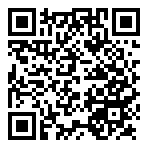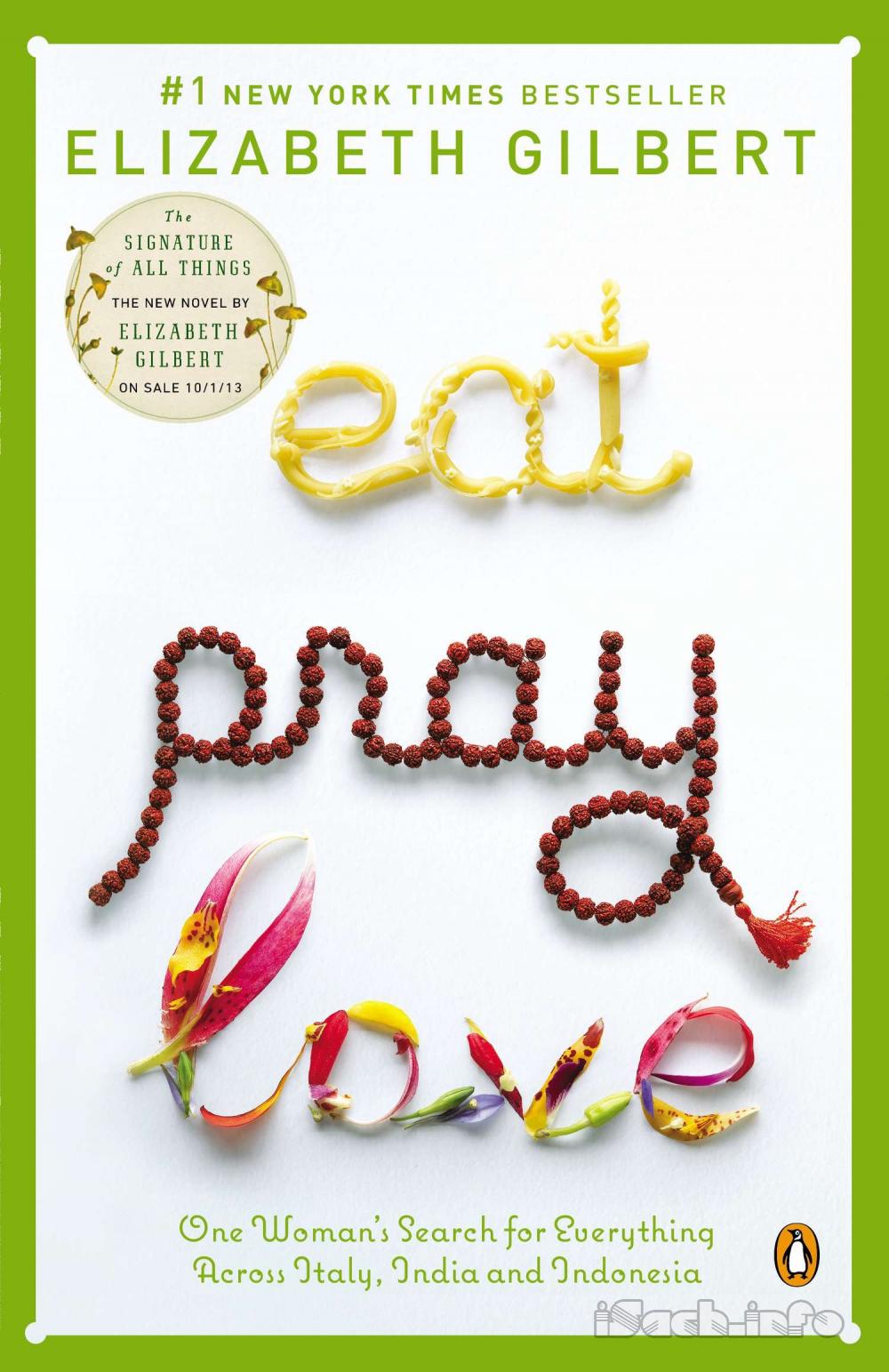Chapter 2
A
nd since I am already down there in supplication on the floor, let me hold that position as I reach back in time three years earlier to the moment when this entire story began—a moment which also found me in this exact same posture: on my knees, on a floor, praying.Everything else about the three-years-ago scene was different, though. That time, I was not in Rome but in the upstairs bathroom of the big house in the suburbs of New York which I’d recently purchased with my husband. It was a cold November, around three o’clock in the morning. My husband was sleeping in our bed. I was hiding in the bathroom for something like the forty-seventh consecutive night, and—just as during all those nights before—I was sobbing. Sobbing so hard, in fact, that a great lake of tears and snot was spreading before me on the bathroom tiles, a veritable Lake Inferior (if you will) of all my shame and fear and confusion and grief.
I don’t want to be married anymore.
I was trying so hard not to know this, but the truth kept insisting itself to me.
I don’t want to be married anymore. I don’t want to live in this big house. I don’t want to have a baby.
But I was supposed to want to have a baby. I was thirty-one years old. My husband and I—who had been together for eight years, married for six—had built our entire life around the common expectation that, after passing the doddering old age of thirty, I would want to settle down and have children. By then, we mutually anticipated, I would have grown weary of traveling and would be happy to live in a big, busy household full of children and homemade quilts, with a garden in the backyard and a cozy stew bubbling on the stovetop. (The fact that this was a fairly accurate portrait of my own mother is a quick indicator of how difficult it once was for me to tell the difference between myself and the powerful woman who had raised me.) But I didn’t—as I was appalled to be finding out—want any of these things. Instead, as my twenties had come to a close, that deadline of THIRTY had loomed over me like a death sentence, and I discovered that I did not want to be pregnant. I kept waiting to want to have a baby, but it didn’t happen. And I know what it feels like to want something, believe me. I well know what desire feels like. But it wasn’t there. Moreover, I couldn’t stop thinking about what my sister had said to me once, as she was breastfeeding her firstborn: “Having a baby is like getting a tattoo on your face. You really need to be certain it’s what you want before you commit.”
How could I turn back now, though? Everything was in place. This was supposed to be the year. In fact, we’d been trying to get pregnant for a few months already. But nothing had happened (aside from the fact that—in an almost sarcastic mockery of pregnancy—I was experiencing psychosomatic morning sickness, nervously throwing up my breakfast every day). And every month when I got my period I would find myself whispering furtively in the bathroom: Thank you, thank you, thank you, thank you for giving me one more month to live . . .
I’d been attempting to convince myself that this was normal. All women must feel this way when they’re trying to get pregnant, I’d decided. (“Ambivalent” was the word I used, avoiding the much more accurate description: “utterly consumed with dread.”) I was trying to convince myself that my feelings were customary, despite all evidence to the contrary—such as the acquaintance I’d run into last week who’d just discovered that she was pregnant for the first time, after spending two years and a king’s ransom in fertility treatments. She was ecstatic. She had wanted to be a mother forever, she told me. She admitted she’d been secretly buying baby clothes for years and hiding them under the bed, where her husband wouldn’t find them. I saw the joy in her face and I recognized it. This was the exact joy my own face had radiated last spring, the day I discovered that the magazine I worked for was going to send me on assignment to New Zealand, to write an article about the search for giant squid. And I thought, “Until I can feel as ecstatic about having a baby as I felt about going to New Zealand to search for a giant squid, I cannot have a baby.”
I don’t want to be married anymore.
In daylight hours, I refused that thought, but at night it would consume me. What a catastrophe. How could I be such a criminal jerk as to proceed this deep into a marriage, only to leave it? We’d only just bought this house a year ago. Hadn’t I wanted this nice house? Hadn’t I loved it? So why was I haunting its halls every night now, howling like Medea? Wasn’t I proud of all we’d accumulated—the prestigious home in the Hudson Valley, the apartment in Manhattan, the eight phone lines, the friends and the picnics and the parties, the weekends spent roaming the aisles of some box-shaped superstore of our choice, buying ever more appliances on credit? I had actively participated in every moment of the creation of this life—so why did I feel like none of it resembled me? Why did I feel so overwhelmed with duty, tired of being the primary breadwinner and the housekeeper and the social coordinator and the dog-walker and the wife and the soon-to-be mother, and—somewhere in my stolen moments—a writer . . .?
I don’t want to be married anymore.
My husband was sleeping in the other room, in our bed. I equal parts loved him and could not stand him. I couldn’t wake him to share in my distress—what would be the point? He’d already been watching me fall apart for months now, watching me behave like a madwoman (we both agreed on that word), and I only exhausted him. We both knew there was something wrong with me, and he’d been losing patience with it. We’d been fighting and crying, and we were weary in that way that only a couple whose marriage is collapsing can be weary. We had the eyes of refugees.
The many reasons I didn’t want to be this man’s wife anymore are too personal and too sad to share here. Much of it had to do with my problems, but a good portion of our troubles were related to his issues, as well. That’s only natural; there are always two figures in a marriage, after all—two votes, two opinions, two conflicting sets of decisions, desires and limitations. But I don’t think it’s appropriate for me to discuss his issues in my book. Nor would I ask anyone to believe that I am capable of reporting an unbiased version of our story, and therefore the chronicle of our marriage’s failure will remain untold here. I also will not discuss here all the reasons why I did still want to be his wife, or all his wonderfulness, or why I loved him and why I had married him and why I was unable to imagine life without him. I won’t open any of that. Let it be sufficient to say that, on this night, he was still my lighthouse and my albatross in equal measure. The only thing more unthinkable than leaving was staying; the only thing more impossible than staying was leaving. I didn’t want to destroy anything or anybody. I just wanted to slip quietly out the back door, without causing any fuss or consequences, and then not stop running until I reached Greenland.
This part of my story is not a happy one, I know. But I share it here because something was about to occur on that bathroom floor that would change forever the progression of my life—almost like one of those crazy astronomical super-events when a planet flips over in outer space for no reason whatsoever, and its molten core shifts, relocating its poles and altering its shape radically, such that the whole mass of the planet suddenly becomes oblong instead of spherical. Something like that.
What happened was that I started to pray.
You know—like, to God.



 ePub
ePub A4
A4